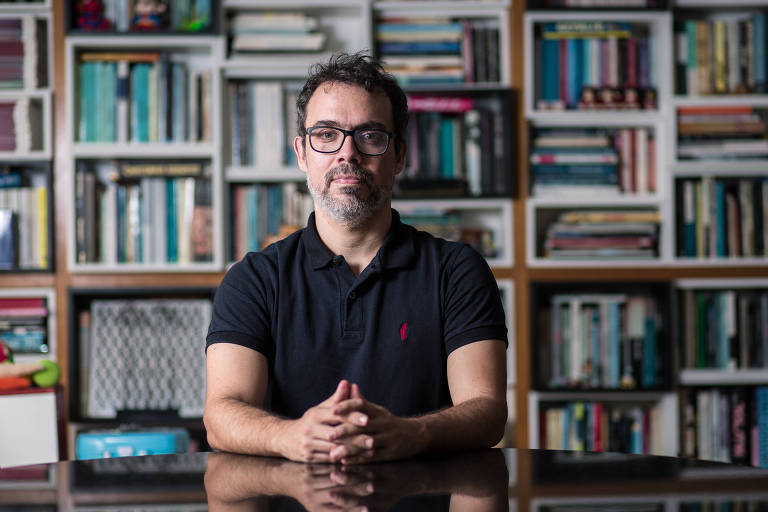Pedro Abramovay, a significant presence in Brazilian public debates in recent years and former Brazilian Secretary of Justice was recently promoted to the role of vice president at George Soro’s renowned Open Society Foundations.
Born in São Paulo in 1980, he’s the son of Ricardo Abramovay, a professor at the University of São Paulo (USP).
Pedro’s education at USP’s law school and his early involvement in student activism paved the way for his entrance into politics, becoming an advisor to the then-Mayor of São Paulo, Marta Suplicy, soon after graduating in 2002.
His political trajectory included roles under Brazil’s former president Luiz Inácio Lula da Silva and a brief yet notable tenure as the National Secretary of Justice.
In this position, he publicly advocated for drug decriminalization for users and small-scale traffickers, leading to his resignation.
After leaving government roles, Abramovay engaged in several initiatives.

He earned his doctorate in Political Science in 2017, focusing on the approval process of the Marco Civil da Internet, legislation he was involved in during his government service.
He then served in leadership at Avaaz, an online petition organization, before joining the Open Society in 2013, where he headed the office for Latin America and the Caribbean.
A decade later, as the Open Society undergoes a leadership restructuring, Abramovay is now one of its three vice presidents, contributing to its global strategy with a budget that, as of 2021, amounted to 1.5 billion USD.
His progressive stance is often misunderstood as socialism.
However, Abramovay and the Open Society’s founder, George Soros, focus on cultural issues, such as race, gender, drug policies, and human rights.
Despite criticism and claims of a lack of originality, Abramovay has consistently advocated for his beliefs, drawing both support and controversy.
Abramovay’s journey is a testament to the evolution of the Brazilian left over the past two decades.
From his early ties to the Workers’ Party (PT) focused on economic issues, his emphasis has shifted towards topics prevalent in American progressivism, including drug decriminalization, abortion rights, LGBTQ+ advocacy, and addressing systemic racism.
His influence, backed by the Open Society’s funding in Brazil, supports organizations that champion causes he believes in.
Yet, the foundations’ selective backing has led to criticisms of bias.
Moreover, potential conflicts of interest arise from the Open Society’s funding patterns, such as donations to organizations connected to Abramovay’s father, Ricardo.
In conclusion, Pedro Abramovay represents a metamorphosis of Brazil’s left, intertwining local politics with global progressive ideals while navigating the complexities of influence, funding, and public opinion.

